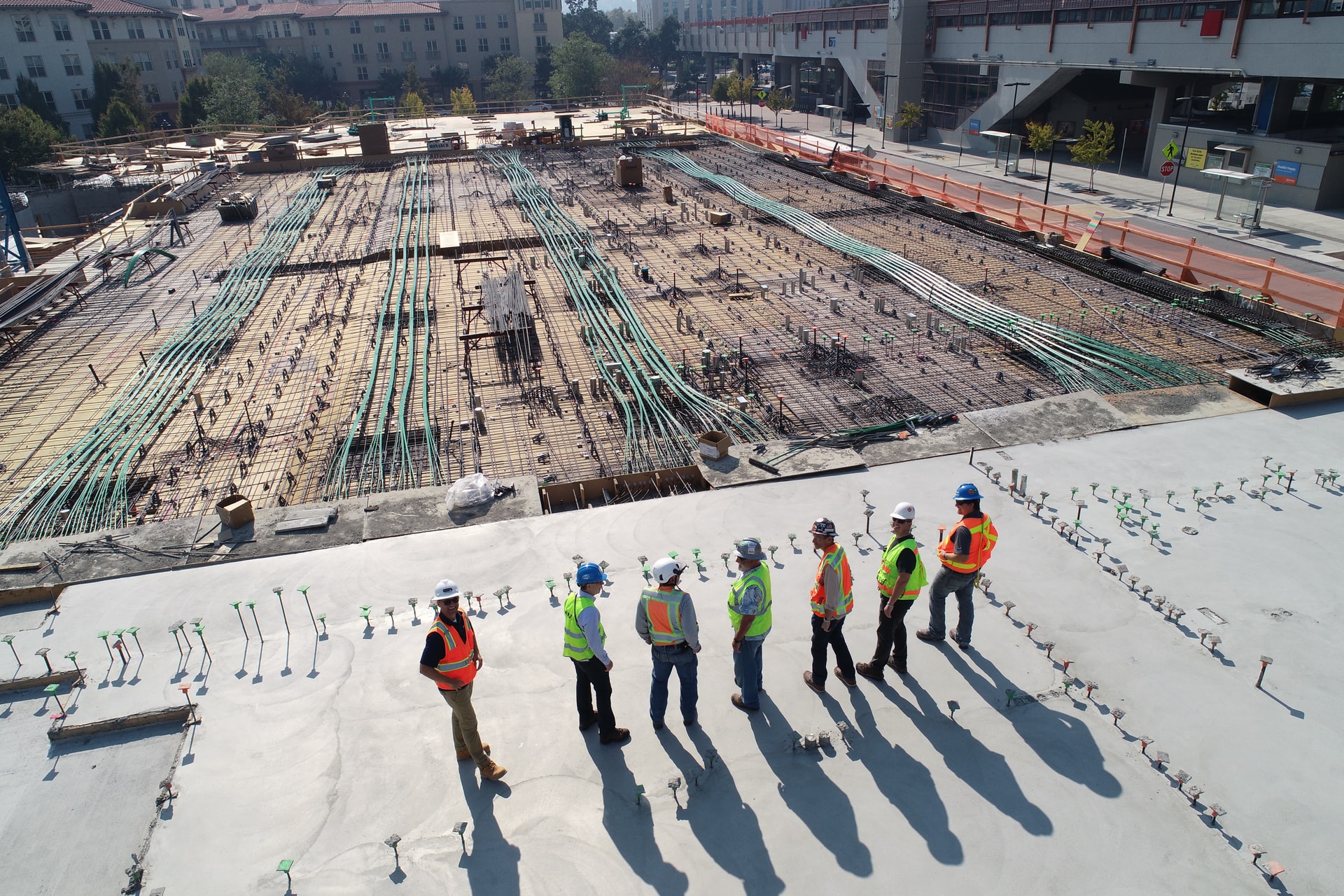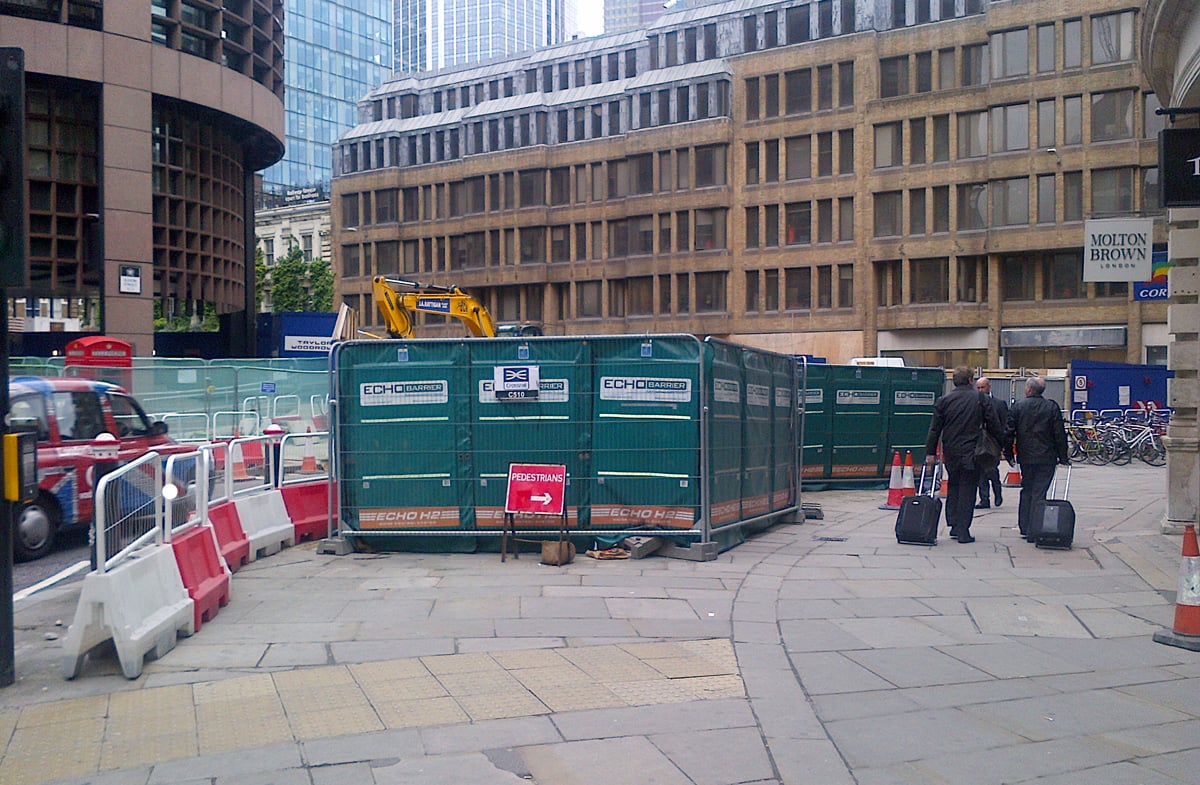
Any contractor with a few years under their belt has experienced it: neighboring residents and businesses struggling to handle the nearby construction noise decide to issue formal noise complaints, delaying the project or outright ending the viability of its completion.
Having a couple of simple things in mind can greatly reduce the likelihood of receiving a construction noise complaint or appease those who have already complained, and facilitate the successful and timely completion of your project.
Abiding by operating during permitted work hours
The specified permitted hours of operation varies from county to county, but they generally fall between 7 or 8 A.M. and 6 P.M. on weekdays, with weekends and public holidays often requiring after-hours authorization. By operating strictly within these working hours, you respect the public’s right to peace and safety, and you will find that they will be more understanding of your work, in turn reducing complaints from construction noise.

Construction is loud by nature, and complaints are almost inevitable if noise goes unchecked. Photo by Scott Blake on Unsplash
Operate equipment within legal noise limits
It doesn’t take much for noise limits to be surpassed on a construction site. A pile driver alone can exceed 100 dB, two and a half times louder than the safe exposure limit accepted by the National Institute of Occupational Safety and Health, who state that 8 hours of noise exposure at 85 decibels is the absolute exposure limit before requiring hearing protection. (Keep in mind that the decibel is measured on a logarithmic scale. Learn more about that here: The Decibel Scale Explained).
Personal protective equipment like earmuffs and earplugs certainly help workers from suffering hearing damage, but they aren’t much use to people beyond the worksite perimeter who remain unprotected from the risks that come with exposure to noise pollution. The best solution for containing construction noise within the site perimeter is with purpose-designed construction acoustic barriers, which will minimize noise complaints or appease the complainants.

Acoustic barriers used to reduce the sonic impact of construction noise.
Echo Barrier is a high-performance award-winning acoustic barrier, built from tough PVC housing a sound-absorbent acoustic composite, capable of up to a 43 dB noise reduction. The Echo Barrier lightweight noise control system’s modular design means that the barriers can be mounted on almost any structure and arranged in whatever configuration is required.

